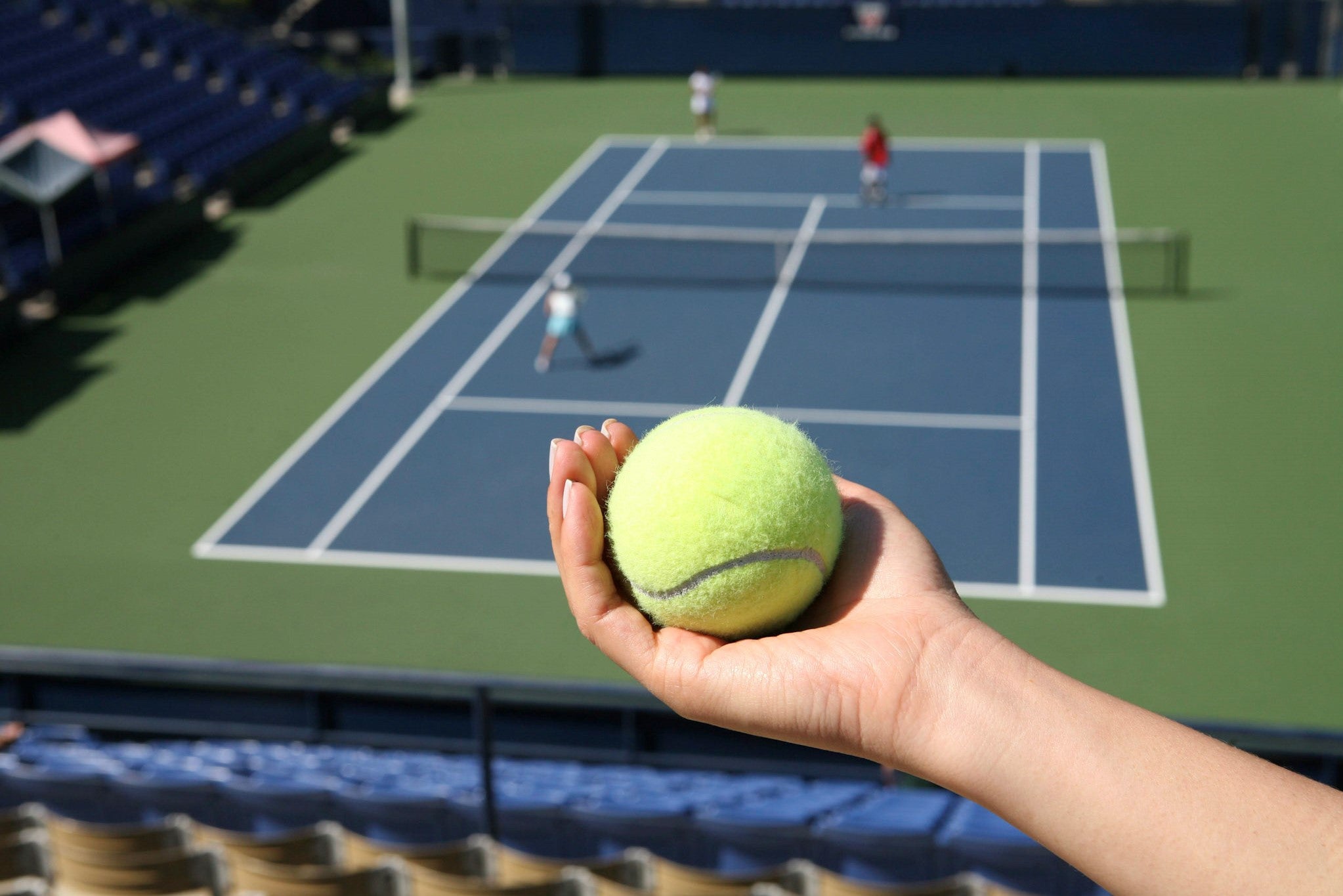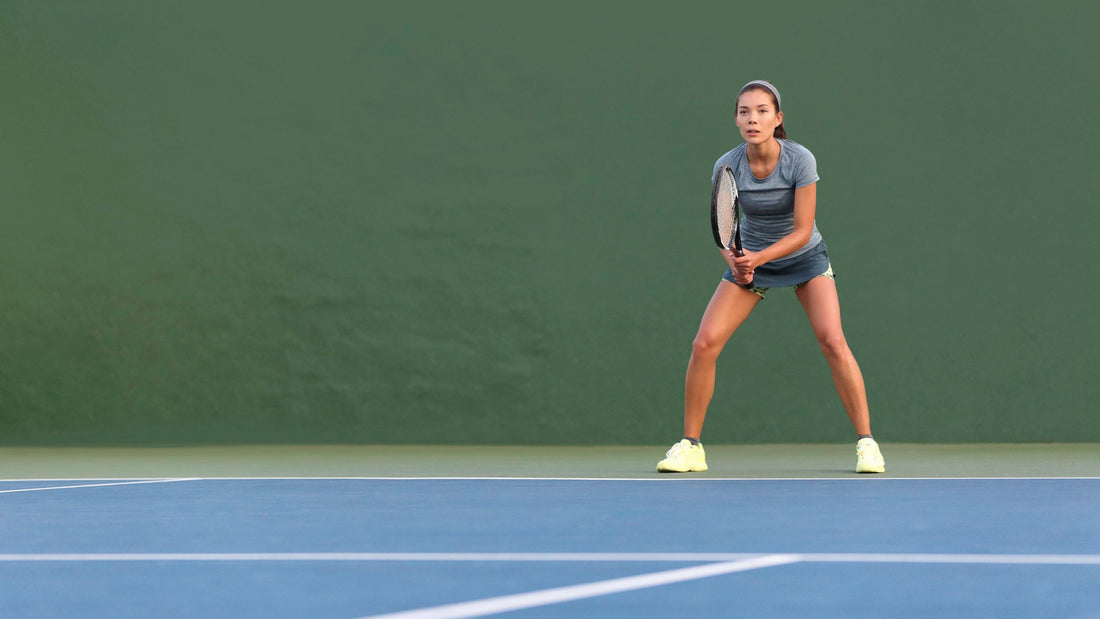Showing Courtesy when Courtside
If you go to a football or basketball game, you can expect loud cheering and maybe even some heckling, but tennis is a “gentleman’s sport” that requires fans to follow certain unspoken rules when watching your favorite players. Whether you’re cheering on friends playing in a local tournament, or you scored tickets to the US Open, we want to help you be able to enjoy your time as a tennis spectator and avoid committing embarrassing faux pas.

Source: Tomas Evaristo - Unsplash
Remaining Silent During Points
It’s expected that anyone who attends a competitive tennis match, regardless of the level of the match, remains quiet during all points. Umpires of high-level tournaments may ask the audience to quiet down before a point if the noise level is too high, and some players may pause before serving until the audience is quiet. While athletes who play most other sports learn to play with noise and distractions, tennis players are accustomed to silence during points, and since fans are accustomed to the same, you may be asked to be quiet by other spectators if you’re too noisy during a point.
Source: vm - Canva
Clapping, Cheering, and Heckling
After a point is clearly over, it is acceptable to cheer and clap for a point well-played. You can definitely yell your support for a friend or favorite player, but don’t jump the gun. Wait until the point is clearly over. Also, cheering and clapping are encouraged when a player wins a point with a strong serve, a “winner” (a shot that the opponent has no chance of returning), or a nice defensive play. However, avoid cheering when the player you are rooting for wins a point due to the opponent double faulting or committing an unforced error (mistake). At the opposite end of the spectrum from cheering is heckling or taunting, which is always inappropriate when watching tennis. Even if the player you’re cheering against loses his temper and throws a racquet, you shouldn’t add to the spectacle by jeering at him.
Coaching
One of the reasons tennis is so tough is because it requires more mental focus and strength than many other sports, especially in singles when you’re out there all on your own. You don’t have any teammates, and even if you have a coach, your coach can’t give you any advice during a match. That also means that fans can’t call out anything that would be deemed as advice from the stands. Spectators also can’t comment on (at least not aloud) whether or not a serve or shot was actually in or out or the score being wrong (in the case when players are keeping their own scores).Leaving Your Seat
Unlike sports like football or basketball when fans can pretty much come and go as they please, going to and from seats during a tennis match is considered a distraction and is prohibited. Knowing when to get up from your seat at a tennis match is actually more akin to following the etiquette when watching a live theater performance or going to the symphony. You can only leave or return to your seat during changeovers (after every other game or after a set). Keep in mind that changeovers are only 90 seconds after a game and two minutes after a set, so you likely won’t be able to return to your seat until the following changeover at the earliest. Larger tournaments will have ushers who will let you know when you are able to return to your seat.

Source: Filip Mroz - Unsplash
Returning “Foul” Tennis Balls
When watching baseball, many fans bring gloves with the hopes of catching a foul ball and keeping it as a souvenir. However, when watching tennis, if a ball ends up flying off the court and into the stands, the expectation is that whoever catches the ball throws it back on the court. Tennis balls are used for a certain number of games before they’re changed out for new ones, so keeping the right number of balls in play is important. If you end up catching a stray ball and don’t throw it back, you may actually get booed.

Source: @Snappy Stock, Inc - stock.adobe.com
Using Phones and Cameras
Lastly, in this day and age, pretty much everyone has a smartphone that takes calls and photos. When watching a tennis match, remember to silence your phone, and don’t make or take any calls during a match. While it’s perfectly fine to take photos, you also want to make sure that the camera feature is silent and that you do not use flash since that serves as a distraction to the players.

Source: @Adam - stock.adobe.com
Conclusion
All in all, tennis requires spectators to behave with a certain level of respect and good sportsmanship, but it’s still a fun and exciting sport to watch live. Just keep in mind that the goal isn’t to restrict fans and keep you from having fun but is, instead, to make sure players are able to fully concentrate during their match. And if you’re still a little apprehensive about knowing how to behave while watching your first match, go with someone who will show you the ropes!




